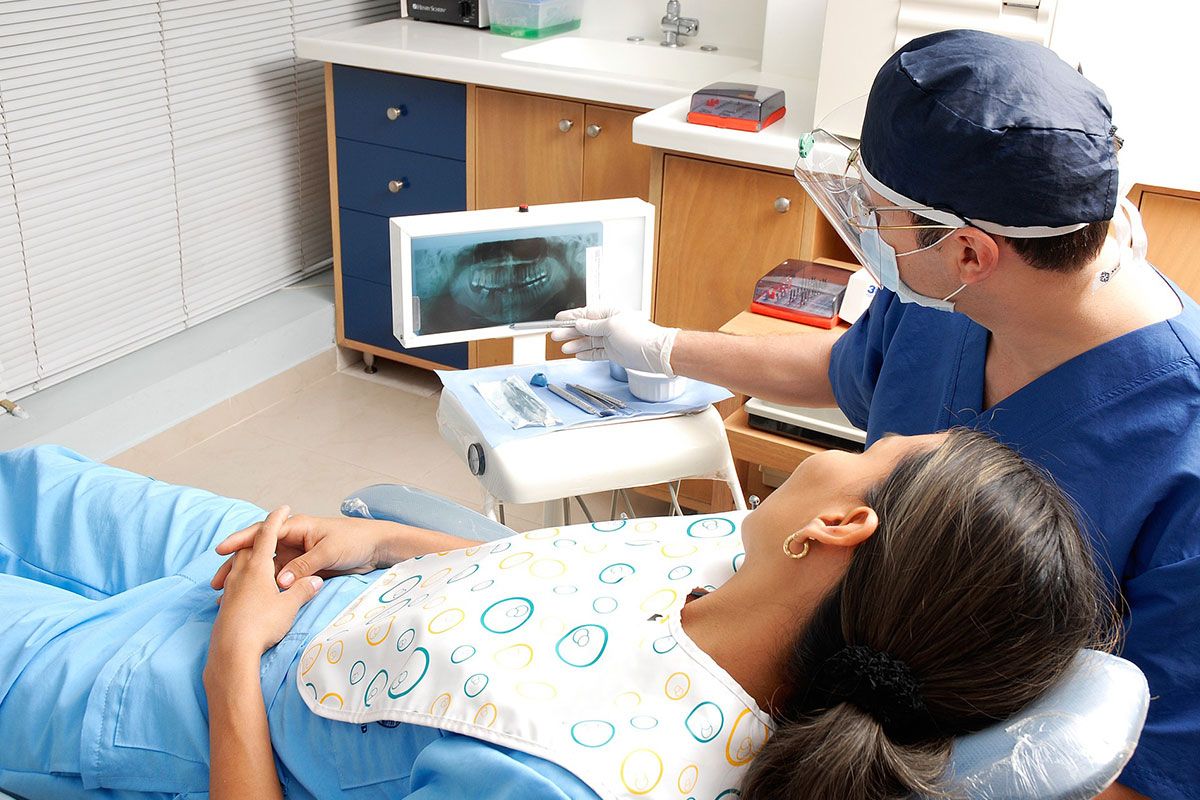
Urinary Tract Infections
Urinary tract infection (UTI) is an infection that affects any part of the urinary tract, comprising of the bladder, kidneys, ureter and the urethra. Infection in the lower urinary tract is known as bladder infection or cystitis and when in the upper urinary tract, it is called kidney infection or pyelonephritis.
UTI can affect people of all age groups right from infants to the elderly, though the symptom manifestation may slightly differ according to age. The most common cause of UTI is a bacterium called E-coli. A predisposition for UTI can run in families. Women are at a higher risk of developing UTI due to their physical anatomy.
Signs and Symptoms
- Pain with urination, frequent urination.
- Feeling need to urinate despite having an empty bladder
- Burning on urination
- Fever
- Presence of pus in the urine called pyuria
- Nausea
Medications
- Cantharis
- Merc Cor
- Sulphur
- Clemetis Erecta
- Coli Bacillinum
Note:
As with every homeopathic remedy it should be taken under the guidance of a certified homeopath.
If Ignored
UTI Complications. The main danger associated withuntreated UTIs is that the infection may spread from the bladder to one or both kidneys. When bacteria attack the kidneys, they can cause damage that will severely reduce kidney function.
Locate Positive Homeopathy clinics / doctors for URINARY TRACT INFECTIONS treatment. Click here to Book an Appointment today.
Frequently Asked Questions
What antibiotics treat urinary tract infections?
Drugs commonly recommended for simple UTIs include: Trimethoprim/sulfamethoxazole (Bactrim, Septra, others) Fosfomycin (Monurol) Nitrofurantoin (Macrodantin, Macrobid)
How long does it take for an antibiotic to work for a UTI?
Antibiotics are effective for most UTIs. You should start to feel better within 1 to 2 days after starting antibiotics. If your symptoms get worse or you don’t feel better by the third day, call your doctor. It is important to take all of the antibiotics your doctor has prescribed.






